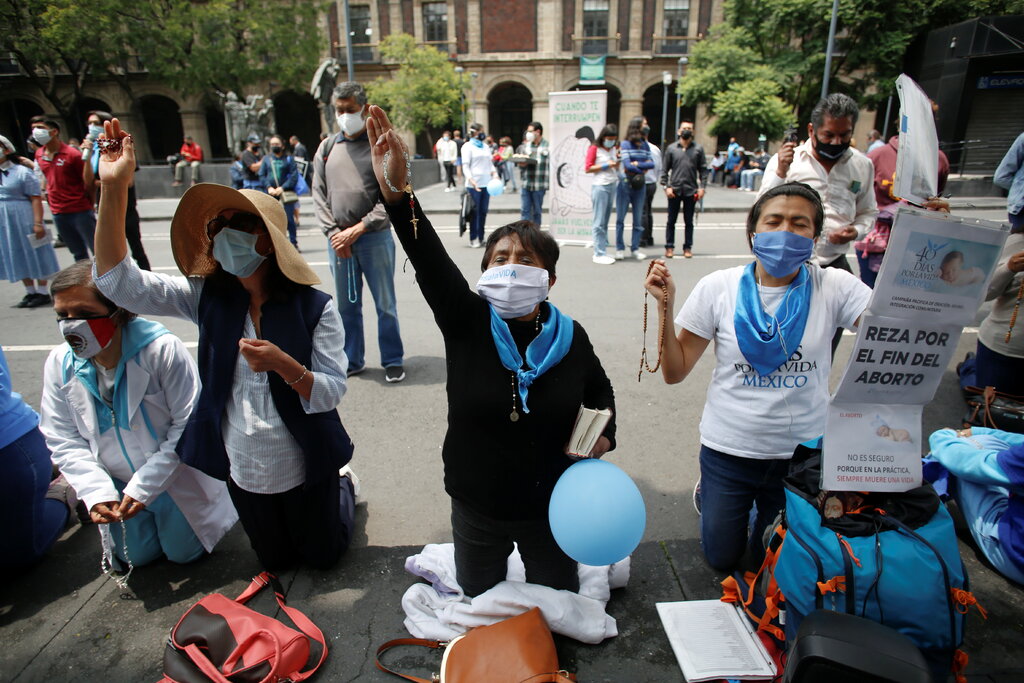Mexican Abortion Ruling Lays Groundwork for Legalization
Liam Brucker-Casey
International News Section Editor
On September 7th the Mexican Supreme Court ruled that criminalizing abortion was unconstitutional, and established a legal precedent that could lay the groundwork for legalizing abortion across the country. The specific case heard by the court concerned a challenge to the criminalization of abortion in the State of Coahuila, immediately reversing the law in that state and providing the possibility to do the same across the country. The State Government of Coahuila issued an official statement asserting that it will abide by the court decision and apply the change retroactively to those incarcerated for abortion.

Before the ruling, the legality status of abortions in Mexico differed widely state-to-state. Previously only four states, Mexico City, Oaxaca, Hidalgo, and Veracruz permitted abortion within the first trimester of a pregnancy, and abortion in the case of rape was permitted in every state.
Earlier this year public opinion had, for the first time, neared a majority of support for abortion, jumping more than 10 points from the previous year. The change is seen by many as a steady groundswell of support for greater access to abortion services. Throughout the Americas abortion largely remains criminalized, which causes these to have a high potential to influence other countries in the Western Hemisphere. Abortion was legalized in Argentina less than a year ago through legislation, in contrast to the judicial reversal in Mexico. Before Argentina and Mexico, only two Latin American nations allowed for pregnancy-termination extensively, Cuba and Uruguay. Both of these countries, unlike Mexico and Argentina, are fairly distinct from the rest of Latin America which tends to be highly socially conservative and highly religious. Most change is starting from the strictest possible restrictions. A “victory” for abortion access earlier this year in Ecuador, was the legalization of abortion in the case of any rape. Previously the only circumstance in which abortion was allowed in Ecuador was in cases where the victim of a rape was also mentally disabled.

Supreme Court ruling analyzed in its greater context it is clear why those supportive of abortion access throughout Latin America see the decision as a another massive step towards continent-wide change. Feminist activists have gained strength and momentum in recent years. In Mexico supporters of Abortion access have adopted green handkerchiefs, a symbol that was popularized by Argentine activists campaigning for legalization in their country.
The Mexican Supreme Court decision has by no means rendered abortion legal throughout the country. It merely provides an opportunity for more cases to be brought before the courts, which have the potential to result in further legalization. Though the development is not one of immediate or universal legalization, it is nonetheless a national and continental paradigm shift.
Contact Liam at liam.bruckercasey@student.shu.edu
